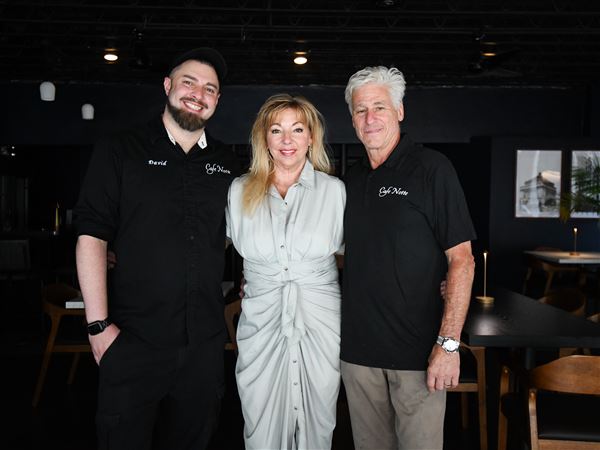Sometimes you get something you don’t know you need and find out that you don’t want to do without it.
That happened to me with a Mac app called BetterSnapTool. It allows you to easily manage window positions and sizes by either dragging them to one of your screen’s corners or to the top left or right side of your screen. You can also make custom windows. This app, available on the Mac app store for $2.99, is very easy to use and surprisingly handy, especially if you are a user who likes to keep multiple windows open.
A similar windows manager for Windows is WinSplit Revolution. Although I have not tested this free application, PCWorld.com gives it a good rating
Oops. Newsweek reports that ISIS’s cyber troops wanted to take down Google. They defaced a website and then bragged about hacking the Mountain View, Calif., company. But the site they attacked didn’t belong to Google. It was the site of a small India-based company that happened to use the word “Google” in its domain. Even terrorists screw up.
Say it and shut up. Twitter said last week that a proposal to lift the 140-character limit on its messages in favor of messages of thousands of characters has been killed, says The Washington Post. Enough said.
Potboiler. Twitch.com, which attracts millions to watch matches between video game players, has struck out in a new direction, says the New York Times. Last week, it had a marathon video streaming session of every episode of the “French Chef” to launch its new food video channel. In these 201 shows from the ’60s and ’70s, Julia Child broke new social ground. To me, watching Julia beating dough with a rolling pin is much more entertaining than watching people kill orcs.
About time. The Federal Communications Commission will vote March 31 on a proposed set of privacy rules for Internet service providers that would significantly curb the ability of companies like Comcast and Verizon to share data about their customers’ online activities with advertisers without permission from users, according to the New York Times. It’s nice to see the government trying to protect our privacy instead of finding ways to invade our phones.
Come right in. Amazon has removed encryption from its Fire Tablet devices. Amazon’s Kindle Fire, Fire Phone and Fire TV run the same operating system, but the update only applies to the company’s tablets. Device encryption ties data access to a password and prevents thieves from reading personal information on products they steal.
Mea culpa. A reader pointed out that I gave a wrong Web address for the Computer History Museum in a recent column. The correct address is ComputerHistory.org.
Send comments, contributions, corrections and condemnations to pgtechtexts@gmail.com.
First Published: March 22, 2016, 4:00 a.m.
















